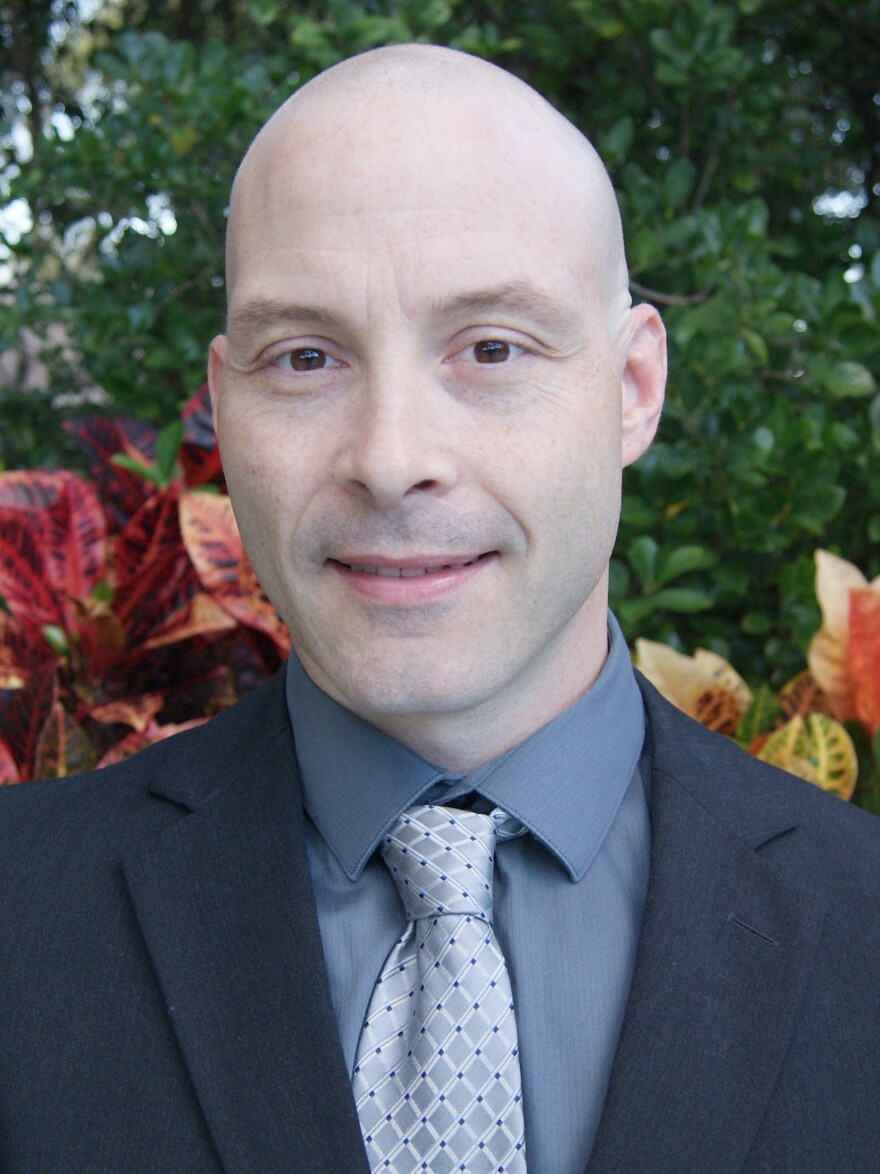You’d like to think that if anyone would have accurate information about global climate change it would be science teachers. But a new study funded by the National Science Foundation concludes that this is not always the case. Dr. Ben Herman, an Assistant Professor of Science Education at the University of Missouri, was the lead researcher on the study. "[The study] was focused on the state of climate change education in Florida and the Caribbean. So part of that was [asking] what are the teacher knowledge bases and what are the climate change teaching practices. And, to be honest, that area is going to have some of the biggest impacts from climate change due to thing like sea level rise and the like. So it made sense to do the research in that area."
In the study, Herman surveyed 220 secondary science teachers in Florida and Puerto Rico to determine their knowledge about climate change science. While the majority of the surveyed teachers accurately responded that fossil fuel use, automobiles and industry emissions were major causes of climate change, they also exhibited notable climate change misconceptions. "Secondary science teachers, and these are ones that claim to teach extensively about climate change, they exhibit misconceptions at a similar rate to the general American public."
Nearly all of the Puerto Rico teachers and more than 70 percent of Florida teachers believed incorrectly that ozone layer depletion and pesticide use were at least minor, yet significant, causes of climate change. Additionally, Herman says that nearly 50 percent of Florida teachers and nearly 70 percent of Puerto Rico teachers think that climate change science must be studied through controlled experiments to be valid. "Which is just patently false! Controlled experiments would be inappropriate and ineffective in a global scale. I mean you can't take one Earth and put it in a box and have it as a control and have another Earth in another box and have it as a treatment."
Dr. Herman says that many of these educators did not get training in climate science. "[Teachers] tend to focus on specific disciplines when they're going through teacher preparation. You'll have a secondary biology teacher and they'll focus on biology and take course work in that. A chemistry teacher focuses primarily on chemistry. And so they don't get the cross disciplinary study that's required to understand something like climate change." Herman says that often there is little funding or support for getting these teachers professional development opportunities.
One thing the study did not show was any political resistance to teaching climate science in the classroom. Dr. Herman says some teachers reported getting push back on the subject from some parents and the public, but for the most part they got no pressure from school boards and administrators on the topic. The study says these teachers need support in the form of updated training and materials. "They are a very passionate group of people who deeply care about preparing children for tackling issues such as climate change. So they want and need the support to develop the knowledge and approaches necessary for effectively instructing about this topic, given that it's probably the most significant environmental issue that we're facing today. So I'm very optimistic that as far as climate change education [goes], we'll be getting better at that."
The study, entitled “Florida and Puerto Rico Secondary Science Teachers’ Knowledge and Teaching of Climate Change Science,” was published in the International Journal of Science and Mathematics Education.






